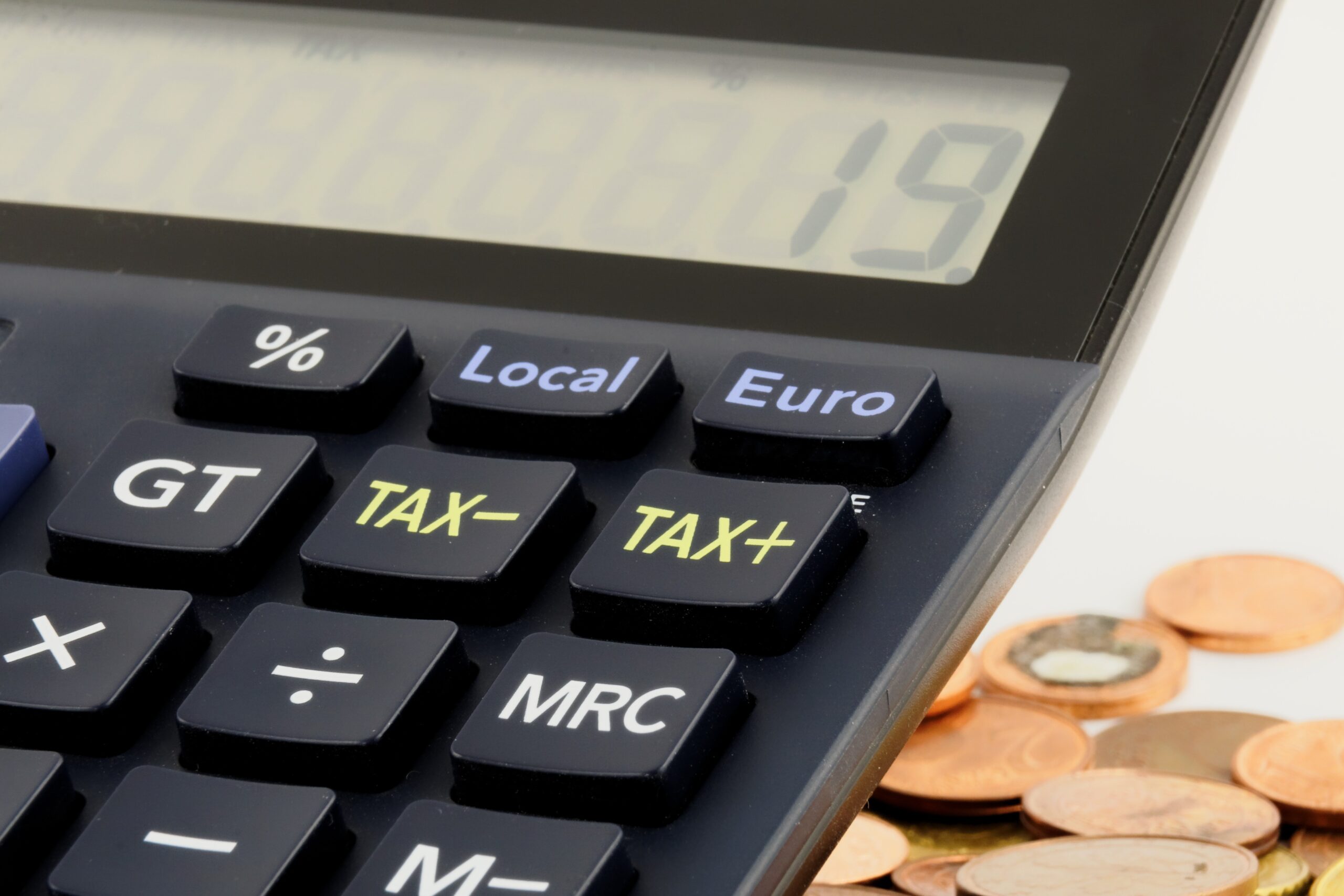Bank of England will soon take the next steps in exploring the possible introduction of a central digital currency
Credit: Miloslav Hamřík/Pixabay
There are not yet any cryptocurrencies or other digital assets held in government’s official reserves, a minister has confirmed.
According to economic secretary to the Treasury Andrew Griffith, his department works on behalf od the state to invest in and holds various currencies and assets. But, thus far, this does not include the likes of Bitcoin, Ethereum, or any other form of crypto currency or security.
“HM Treasury can disclose it has not bought or held any digital assets in the UK government official reserves,” he said. “The gross official reserves, held in the Exchange Equalisation Account (EEA), are comprised of foreign currency assets – cash, bonds, and notes – gold assets and net positions of International Monetary Fund (IMF) Special Drawing Rights (SDR). Under the EEA Act 1979, the EEA may invest in cash or securities denominated in the foreign currencies represented in the IMF SDR basket.”
The minister’s comments – made in response to a written parliamentary question from Alba Party MP Kenny MacAskill – were made as the Treasury and the Bank of England plans a public consultation on the possibility of introducing a national digital currency supported by the central bank. This feedback process, which is due to be launched by the end of 2022, will set out research done so far, and invite responses from sector experts and the general public.
Related content
- Boris Johnson takes speaking engagement for cryptocurrency event
- Government to consult on Bitcoin risks
- MPs call for regulation of ‘Wild West’ world of cryptocurrency
On a dedicated section of its website outlining the possibility of introducing a central bank digital currency (CBDC) and the exploratory work it has done so far, the Bank of England says that it is “considering [introducing] a CBDC because the way people are choosing to pay for things is changing”.
“A CBDC for the UK has the potential to make it easier for people and businesses to make fast, efficient and reliable payments,” it added. “It could help to promote innovation and competition. And it could give people more choice in how they pay for things.”
The bank said that it is currently working via specially created forums to engage with “businesses and communities to find out what impact a CBDC would have on them”.
No decision has yet been taken on whether a national crypto system will be introduced but, “if we issued a UK digital currency, it would be in denominations of pounds sterling;… £10 of a UK digital currency would always be worth the same as a £10 note”, according to the Bank of England.
It added: “If we concluded that CBDC is a good idea for the UK, we will then need to make sure that we build the necessary system to enable it. This would include technological and operational capabilities. This involves a lot of work, and we think the earliest date for launch of a UK CBDC would be in the second half of the decade.”
Earlier this year, then-chancellor Rishi Sunak announced plans for the Royal Mint to create a government-backed non-fungible token.



